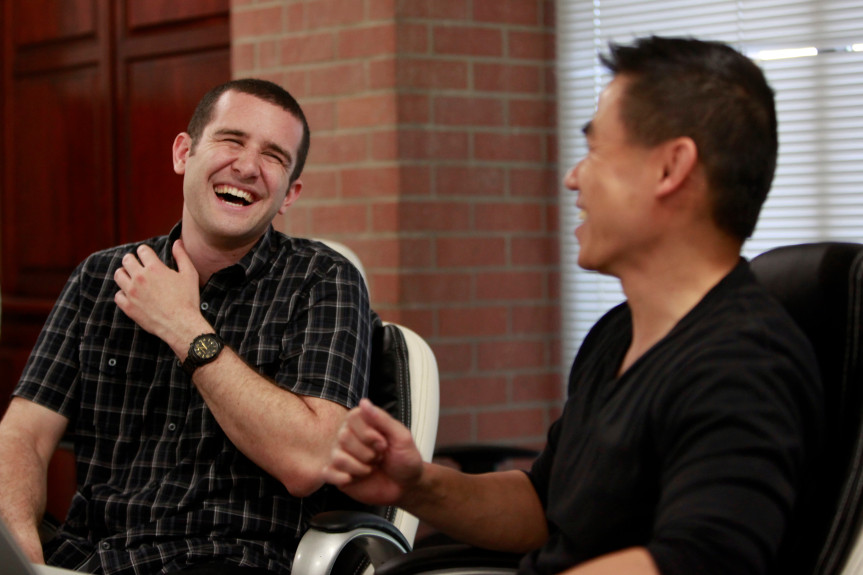
At first glance, Clancey Stahr looks like any other 23-year-old eager to make his mark on Silicon Valley.
But this baby-faced Stanford graduate is already managing $55 million of other people’s money.
Stahr and his partner, 24-year-old Phil Brady, launched GoAhead Ventures in their senior year at Stanford, and closed their first investment fund last fall. Even in Silicon Valley, where money flows like Yosemite Falls after a drenching winter, $55 million is a significant sum for a venture capital team just two years out of college.

But GoAhead Ventures isn’t a one-off. In a trend that turns the established venture capital dynamic on its head, the investors backing the Bay Area’s early-stage tech startups increasingly are 20-somethings with little more than college credits, internships or a few years of work experience under their belts — a far cry from the seasoned tech veterans who traditionally have offered sage advice and guidance to the startups in their portfolios.
“Founders are getting younger and investors are getting younger,” said Duncan Davidson, a general partner at San Francisco-based Bullpen Capital. “It’s easy to invest now. $25,000 — you can be an ‘angel.’”
While the trend is largely anecdotal — and many 20-somethings still would rather follow in the footsteps of entrepreneurs like Mark Zuckerberg or Larry Page — the chance to cash in as an investor in the next Facebook or Google is increasingly alluring.
Young VCs say they can spot great investments because they’re more plugged into the hottest tech trends and university talent pools than their older counterparts. Some have managed to rake in sizable chunks of cash to invest. Stahr and Brady raised money from investors in Japan, using Stahr and a third partner’s connections in the country. UC Berkeley graduate Jeremy Fiance, 25, raised $6 million to launch The House Fund in 2015 from tech executives, established venture capitalists, successful Berkeley alumni and even the University of California’s endowment.
But not everyone thinks fresh college graduates — who often are younger than the founders they invest in — can do the job.
Tech entrepreneur Kori Handy, who is 36, sees no value in accepting money from 20-something investors who haven’t launched companies of their own.
“It’s almost a slap in the face to people like me who…

